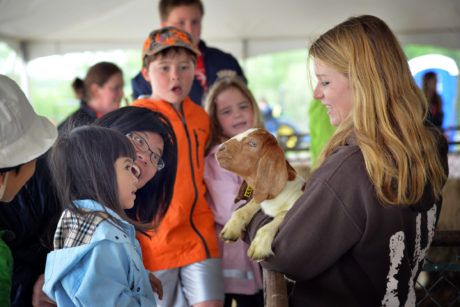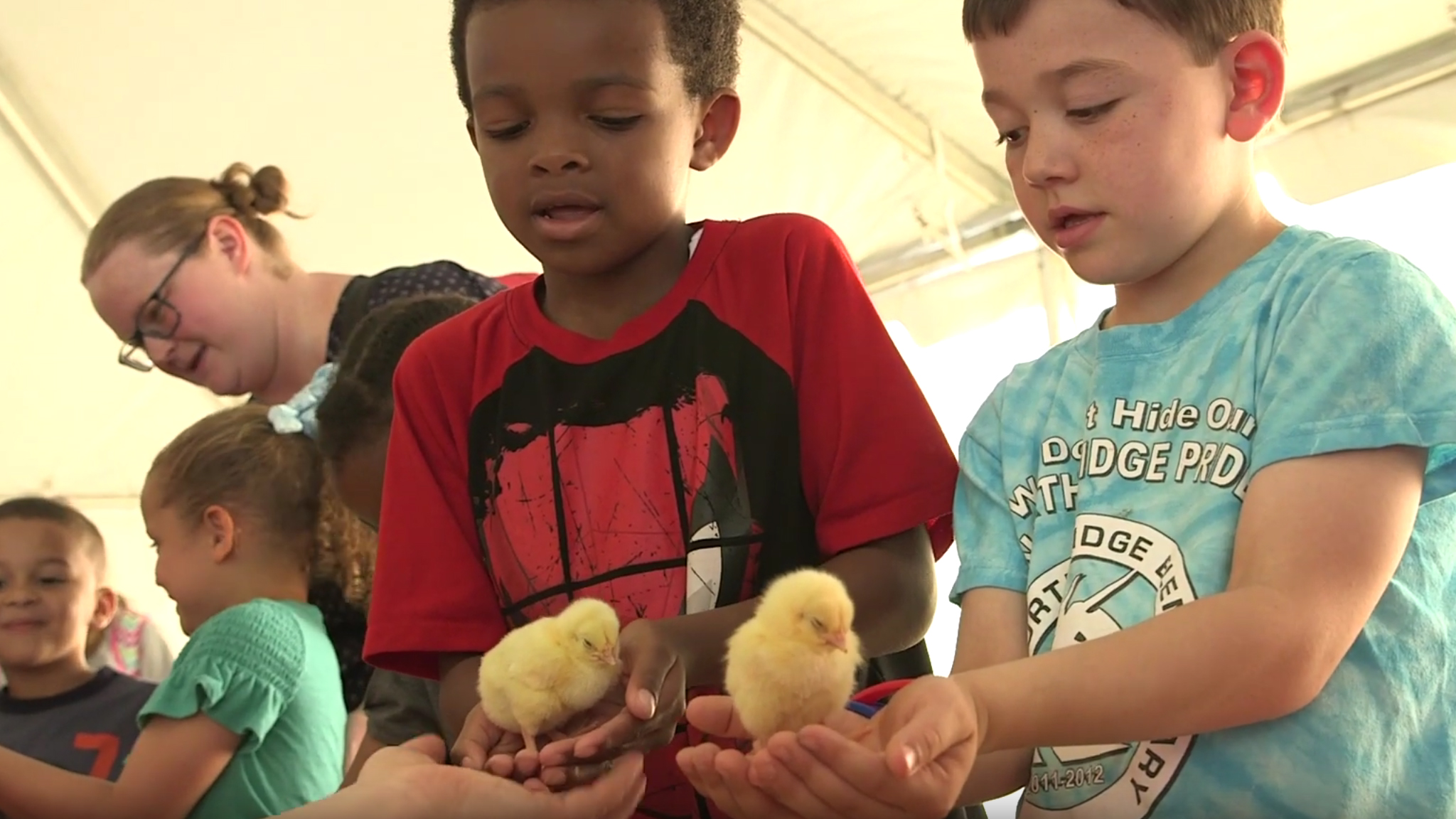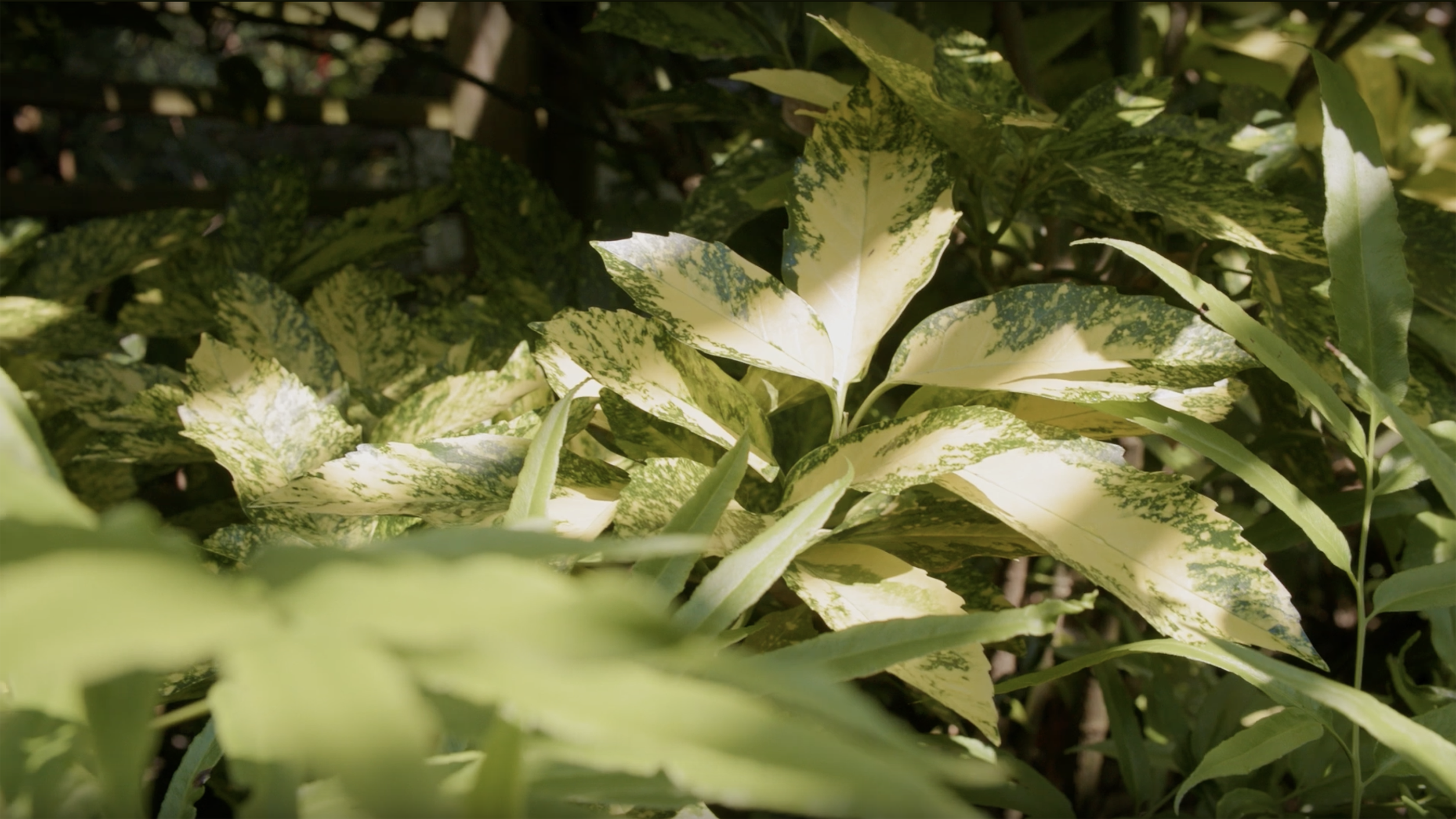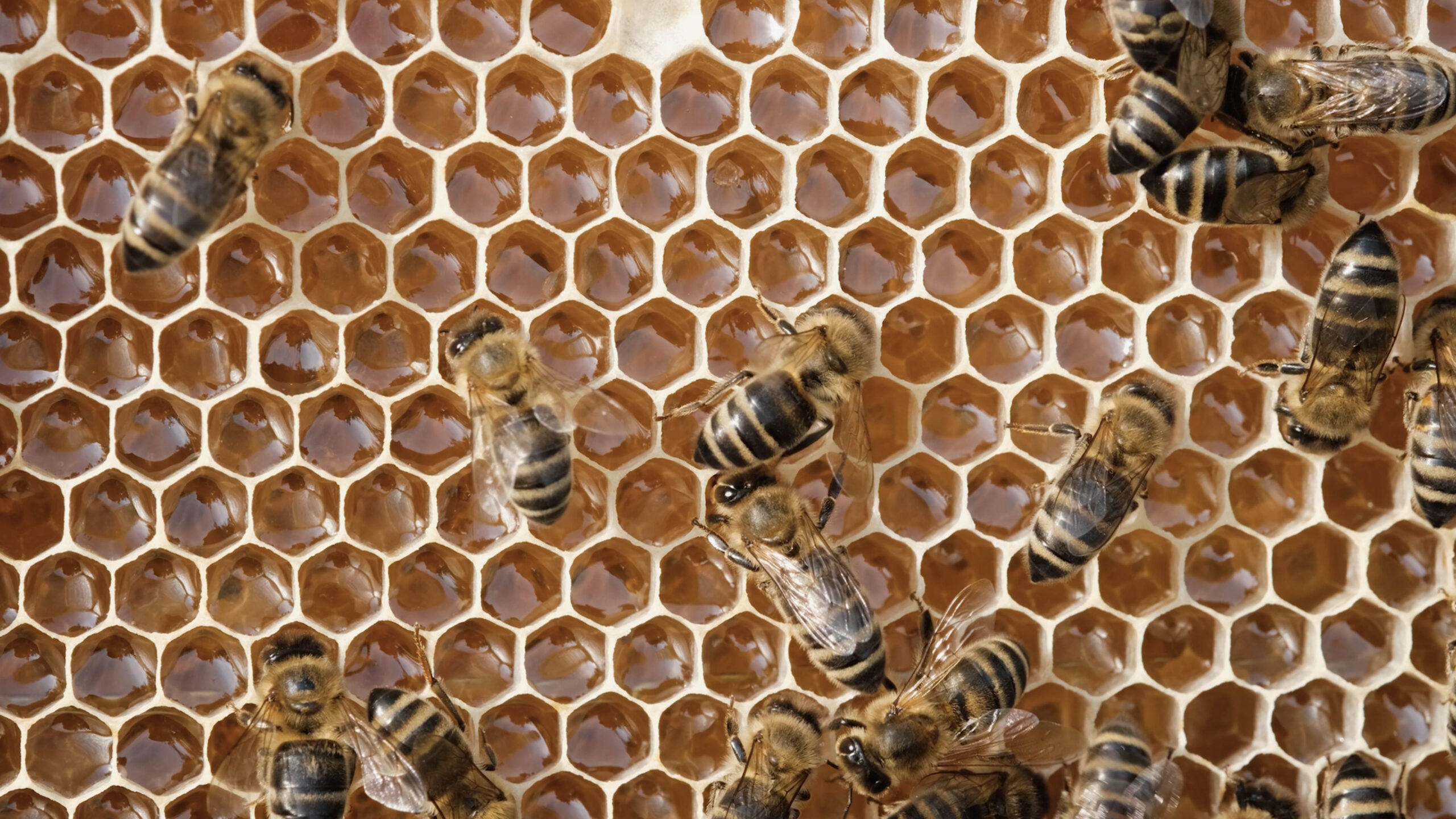There’s a whole other world of life, called the microbiome, made up of teeny tiny microorganisms that exist on and in every living thing. The human microbiome includes trillions of these little life forms that are essential to our well being, often serving as a shield against germs or helping to convert food into energy.
Animals have their own unique collections of microscopic critters. Every time you touch a cow or a pig at the local fair, or even pet your dog or cat, you’re inviting their microorganisms to hitch a ride (and your body may not react the same way).

If you don’t wash your hands (thoroughly) before eating or wiping your nose, for example, you could make yourself quite sick. But don’t worry, you can still hug Fido and pet that adorable baby goat, you just need to practice good hand hygiene.
Helpful Handwashing Tips
According to the Centers for Disease Control and Prevention’s handwashing recommendations, keeping your hands clean is one of the most important steps you can take to avoid getting sick and spreading germs to others.
- Wet your hands with clean, running water (warm or cold), turn off the tap, and apply soap.
- Lather your hands by rubbing them together with the soap. Be sure to lather the backs of your hands, between your fingers, and under your nails.
- Scrub your hands for at least 20 seconds. Need a timer? Hum the “Happy Birthday” song from beginning to end twice.
- Rinse your hands well under clean, running water.
- Dry your hands using a clean towel or air dry them.
- No running water or soap around? It’s OK to use an alcohol-based hand sanitizer that contains at least 60% alcohol.
- Categories:



